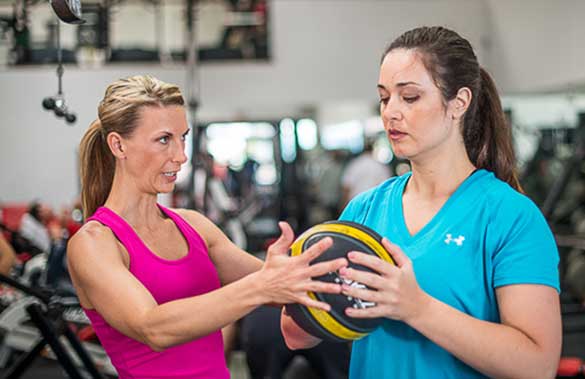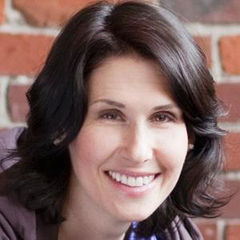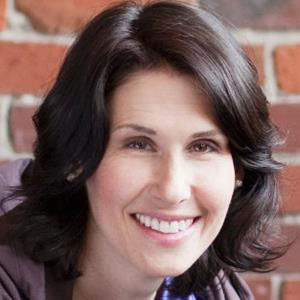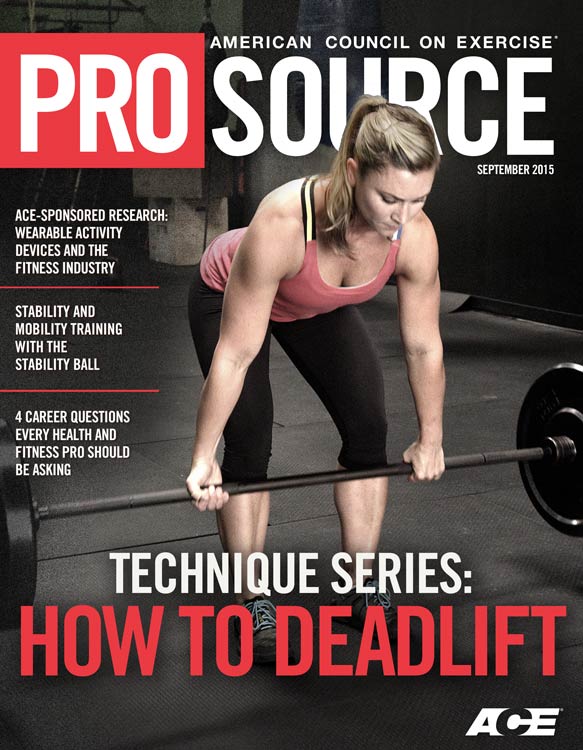
Staying happy and feeling successful in the fitness profession involves periodically “auditing” your own career. Check in with yourself: How’s progress? Where is your career headed? Are you moving in that direction because you’re going with the flow, or because you’re following a deliberate course of action to reach a certain status or specific goals? Whether you’re self-employed or working for someone else, here are four fundamental questions that you should ask yourself from time to time to help keep you on the right track.
Question 1. What Is Career Success For Me?
The exciting thing about this first question is that the answer will be uniquely your own. Your professional measure of success is likely to be different than that of the personal trainer who works alongside you in the gym or the fitness instructor who teaches the class after yours. And it will undoubtedly change over time, as well.
What makes you feel successful on the inside might be different from what many people evaluate as looking successful on the outside. For example, you might be working part-time as a personal trainer, while others who work full-time may earn more money and are in higher demand. But that might be the way you like it. A less-than-full training schedule means you have more time in your day to address other goals, such as establishing a blog or developing a program that could expand your business.
There are other gauges of career success, as well, that are more universal for our industry. Example: your conduct as a fitness professional. Do you feel confident with the way you do business? Do others? Highly successful fitness pros are “professional on all levels,” says Fred Hoffman, of Paris, France, owner of Fitness Resources Consulting Services and author of Going Global: An Expert’s Guide to Working Abroad in the International Fitness Industry (Healthy Learning, 2012). “Their success lies in always being prepared for their work, flexible in the face of challenges and obstacles, honest and humble.”
Your attention to education, in its many forms, is another avenue worth exploring. “Fitness pros that are hungry to learn always rise to the top,” says Jill Tomich, fitness entrepreneur, fitness marketing strategist and owner of Fitness Marketing Foundry in Honolulu, Hawaii. “They invest in education, are eager to shadow experienced fitness pros and commit to their clients' successes completely.”
And there’s never a stop-date to the learning. “Successful fitness pros openly admit they do not know everything and so they surround themselves with people they can learn from,” says Justin Tamsett, an expert on fitness business management and marketing, and the managing director at Active Management in Beecroft, Australia. “This learning may be technical or business. But they want to learn and improve.”
Finally, it’s always a good idea to consider how the continuing education you choose to pursue might influence your future career success. Try to be strategic about your continuing education—use it to expand your knowledge of a single topic to help set yourself up as a specialist, or explore a wide range of topics to determine which ones are most appealing to you.
Question 2. Do I Like the Clients I Have?
Your clients are a reflection of your career. That’s not to say every client must show astounding results (although it would be nice if they did!). This question has more to do with you than them. “So many fitness pros get burnt out because they aren't training their ideal clients at ideal times under ideal working conditions,” says Tomich.

So come clean: Do you like all or most of your clients? If not, why? “Not every client is a delight to train or the 'type' of client [you might] enjoy training,” says Tamsett. He believes clients can be closely linked to job enjoyment. “Evaluating your client base [helps] ensure job satisfaction and business growth,” says Tamsett.
The clients you first started working with when you were to new to the fitness industry might not be the ones you prefer now. How has your tolerance or interest in certain clients changed over time? “Each [fitness pro] has a niche that they do best with, and it’s smart to market to that type of person and build the business around those people,” says Beverly Hosford, a Bozeman, Montana-based personal trainer, fitness business coach and anatomy/body awareness teacher who’s been running her own business for 15 years.
“Fitness professionals often get stuck in a routine or get comfortable in a particular situation, and unconsciously become professionally stagnant,” says Hoffman. “By re-evaluating and taking a fresh, objective look at their client base, they should be able to see what is working and what is not. And hopefully they will be able to both identify any problems, or causes of boredom, and the solutions that are necessary to make positive change.”
Question 3. What Will My Fitness Career Look Like In A Year Or Two?
Some health and fitness pros do zero career forecasting, while others hunker down for the long haul (think: five-year plan). Strategizing how you want your career to unfold is necessary, but how far in advance should you project? Tamsett suggests 24- or 36-month goals that get revisited annually. “The fitness industry is so dynamic and competitive these days,” Tamsett explains, “that a five-year plan could be useless [considering] the hyper-speed [at which] the industry operates.”
“I would have called you crazy if you told me five years ago I'd be living in Hawaii helping other fitness pros build their businesses,” says Tomich, who previously owned New England’s largest boot-camp company. “A five-year look into the future is a wish, at best, not a plan. Life is too unpredictable. A realistic career plan would consist of step-by-step actions to execute over the next 6 to 12 months.”
Set your sights high while giving yourself lots of feasible stepping stones along the way. “You’re either heading toward a goal or away from it,” says Hosford. “In my experience with business coaching, I’ve noticed people fall into two main categories. Some people are not strategic and get overwhelmed with long-term planning. Other people are very strategic, but unrealistic. Setting up a big-picture goal can be helpful for everyone, but they need to remember that the daily habits they have are what ultimately gets them there,” says Hosford.
However, “be prepared for the unexpected,” says Hoffman, “and try to be as flexible as possible.” You never know when something new or unexpected might roll your way.
Question 4. Do I Enjoy What I’m Doing Right Now?
Are you happy with your current career? “It’s always good to ask yourself if this [job] is what you want to continue to do, or if it is time to change,” says Hoffman.
The ideal scenario is that you enjoy your work most of the time. Sometimes, however, the jobs or clients you have now are less about in-the-moment enjoyment and more about preparing yourself for what you want to eventually achieve. Being aware of this helps immensely (and why having some long-term vision is so important).
The other side of the coin, however, is missing out on everyday enjoyment with no real end-game to keep you encouraged. That spells trouble. “When the passion is gone, this easily leads to complacency, boredom, anger or resentment, none of which results in a positive outcome,” says Hoffman.
“It is easy to go through the motions,” says Hosford. “Most people recognize this as career burnout once it’s too late. I often tell coaching clients to think of their business as a garden. Pulling weeds and planting seeds both need to be done regularly. If there are too many weeds, there isn’t room for new seeds to grow. Finding a balance between both is unique to the person and makes for a beautiful garden.”
Being self-employed affords you certain freedoms for crafting your ideal job. But working for a company might require different tactics. “Map out what your perfect career looks like in the next 12 months and share it with your employer,” says Tomich. “If you get resistance or push-back, strongly consider switching companies or starting your own fitness business to avoid getting burnt out.”
Now What?
Is it time for a career overhaul or maybe just a minor readjustment? Based on your answers to the four big-picture questions here—and all the sub-questions in between—your level of career satisfaction might be quite clear. A suggestion from Tomich: “List two actionable steps you can take in the next 30 days to shape your career for the better.” Finally, never stop asking the questions that will steer you toward greater joy on the job.
More Career Questions For Health and Fitness Pros
Here is a list of additional questions that the experts interviewed for this article suggest fitness pros periodically ask themselves. Ponder these and add your own.
- Am I doing what is true to my personal reason for why I am a health and fitness pro?
- Am I doing what I do best?
- What parts of my job give me the most energy and get me the most excited?
- How can I eliminate things that drain my energy?
- Am I enjoying the company or companies I work for?
- Do I have a healthy work/life balance?





 by
by 



